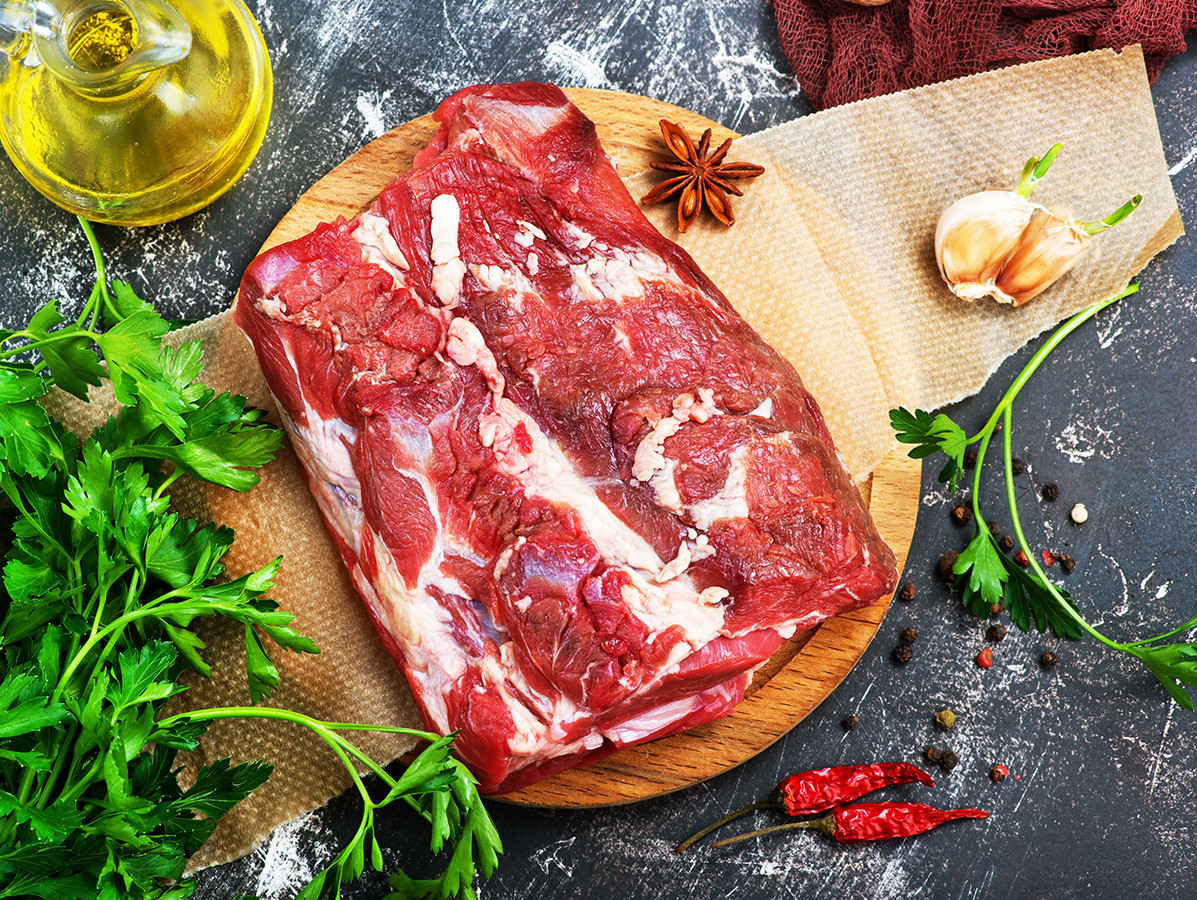
The COV is not fundamentally against an increase in the meat price. The organization believes that the market should be the determining factor here and that it should not be established by means of a levy or tax. Any price increase should also flow back to the entire chain, including the meat processing industry.
Earlier this year, a discussion started on a real meat price that should also reflect the social costs of meat production. At the end of September, LNV Minister Carola Schouten sent a letter to the Lower House inviting relevant parties to jointly investigate the necessity and possibilities of this; an invitation that was quickly accepted by the COV.
Whereas the TAPP coalition has declared itself in favor of a top-down levy on meat, the meat sector has rejected such a levy on the basis of a large number of arguments. For example, the sector believes that a levy would give the false impression that meat is bad for one's health.
The sector also believes that a meat levy would unjustifiably affect only one specific foodstuff, while the production of food in the broadest sense would entail social costs. It is recommended that the social costs and benefits of meat production and consumption be properly mapped out first.
The COV is of the opinion that a higher meat price is indeed realistic in the context of making production more sustainable and the transition that the sector will have to make to achieve this. Incidentally, the entire chain is already investing millions of euros annually in further sustainability. This applies not only to farmers, but also to the meat processing industry, such as slaughterhouses that invest in animal welfare, lower CO2 emissions, more efficient logistics and sustainable market concepts.
Source: COV